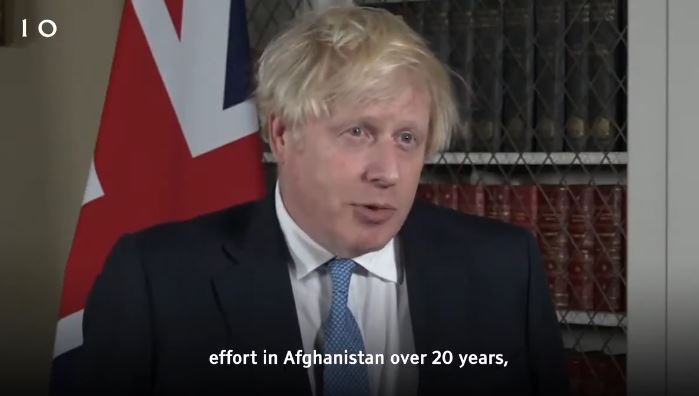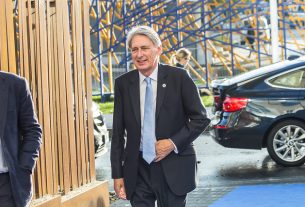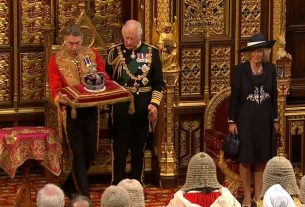Boris Johnson’s decision to go on holiday on Saturday, hours before the fall of Kabul, has been criticised as a “dereliction of duty” by a military commander who said the prime minister should “hang his head in shame”.
Foreign secretary Dominic Raab also took his holiday at the same time as Johnson, and like the prime minister, he too has had to return early to Downing Street.
“It is almost impossible to believe that the prime minister departed on holiday on Saturday; he should hang his head in shame,” said Major Gen Charlie Herbert, a veteran of three tours of duty in Afghanistan between 2007-18.
‘Interpreters will die as a result of their apathy’
Herbert has accused the government of betraying Afghans who supported UK troops over the 20 year campaign, and continued: “It is dereliction of duty on an extraordinary scale. He [Johnson] is overseeing one of the greatest military humiliations in the recent history of this country. Three weeks ago Gen Lord Dannatt and 44 other senior retired military officers wrote openly to the government to express their grave concern about the handling of the interpreter issue and urged the government to accelerate the relocations.
“That they failed to heed the warning is symptomatic of the disastrous complacency that has led to this national humiliation. Interpreters will die as a result of their apathy.”
The prime minister – absent from public debate for more than a week before going on holiday in Somerset at the weekend – returned to chair his second Cobra meeting inside three days on Sunday afternoon. Johnson also spoke with Jens Stoltenberg, Nato’s general secretary and António Guterres, the UN general secretary about the Taliban’s advance across Afghanistan.
‘We have to deal with the new reality,’ says Raab
Parliament is being recalled on Wednesday to debate the Taliban’s lightning takeover of Afghanistan, a situation which Raab said is “not what we wanted, but we have to deal with the new reality”.
The foreign secretary said 289 Afghans who worked for the UK during the conflict have already arrived in the UK “over the past week”. The Foreign Office has advised more than 4,000 British citizens to leave the country and said the UK has admitted more than 3,300 Afghan interpreters, staff and their families for resettlement.
The Home Office said its decision about how many refugees will be allowed to resettle in the UK “will be guided by the capacity of local authorities”, with the BBC reporting that officials are looking to replicate a response similar to the 2014 Syrian resettlement scheme, based on accepting refugees with the greatest need.
The ministry of defence confirmed yesterday (Monday, August 16) that a further 200 British troops will be sent to Kabul to help with the evacuation effort, taking the total to around 900, with more troops on standby. The US is sending another battalion of troops, taking their total to around 6,000.
A spokesperson for Number 10 described the situation as “fluid” and said “hundreds” of refugees will be leaving on flights from Kabul everyday. “We want to obviously continue to do this as long as we are able to do so and as long as this is safe to do so.”
The UK’s ambassador to Afghanistan (since June 2021) Sir Laurie Bristow remains in the country alongside diplomatic staff and home office officials, working to help process visas and the spokesperson added: “There are people on the ground who can consider visa applications and there are some rules as regards to those who have family members who can be considered, I think, on a case-by-case basis but we have already removed a large number of Afghan nationals under the ARAP (Afghan Relocations and Assistance Policy) scheme and we’ll continue to do so.”




